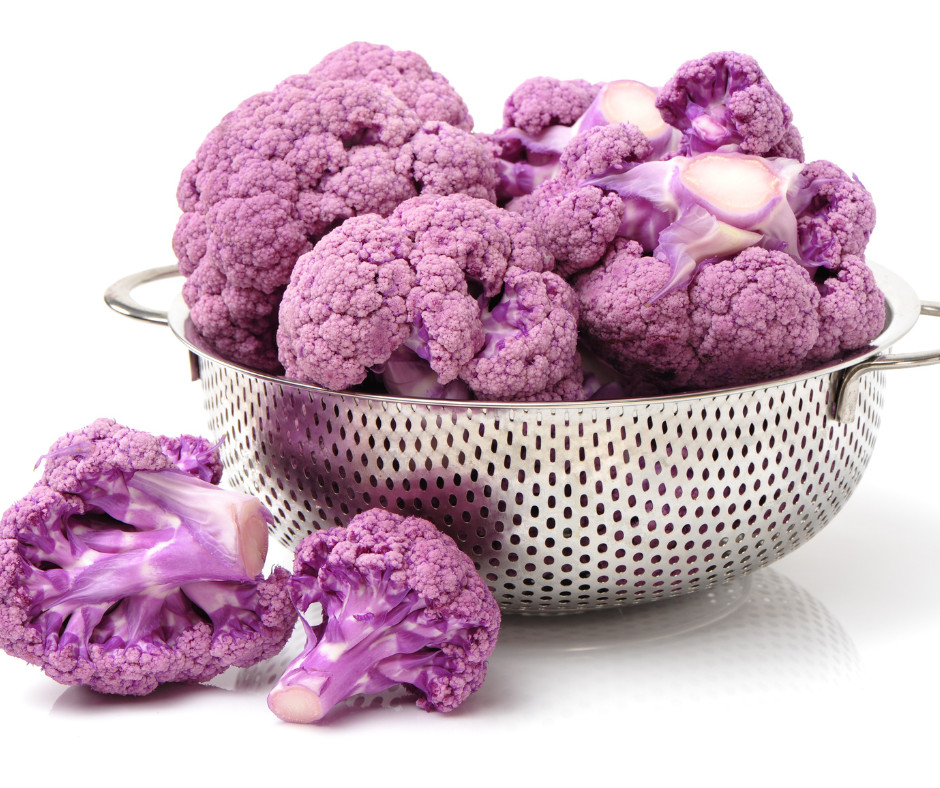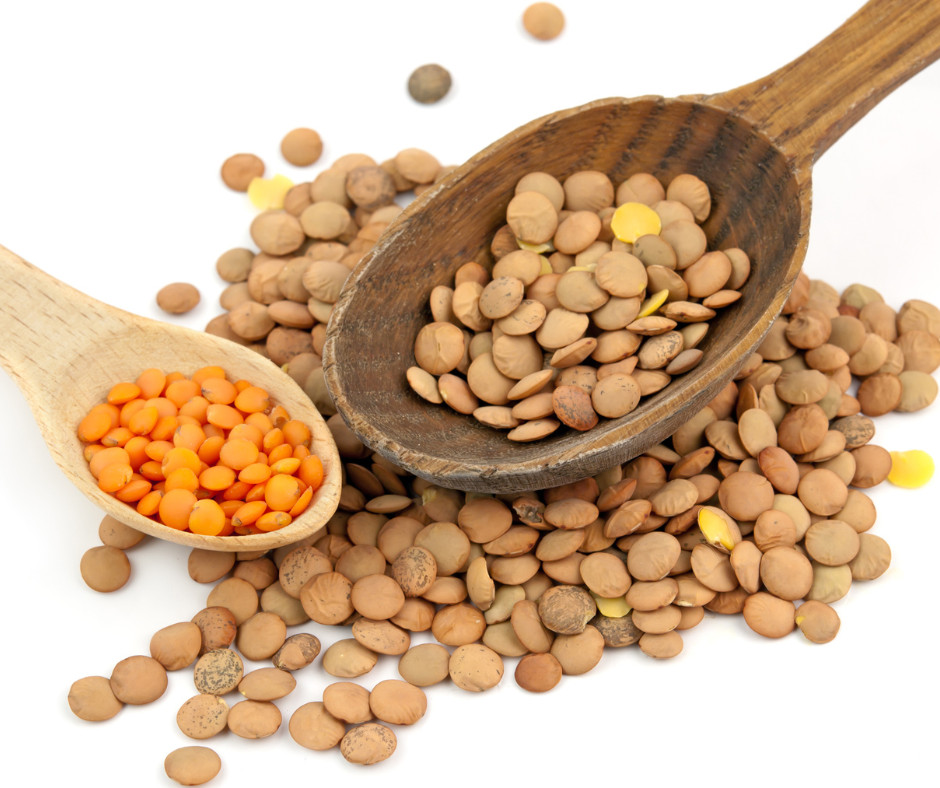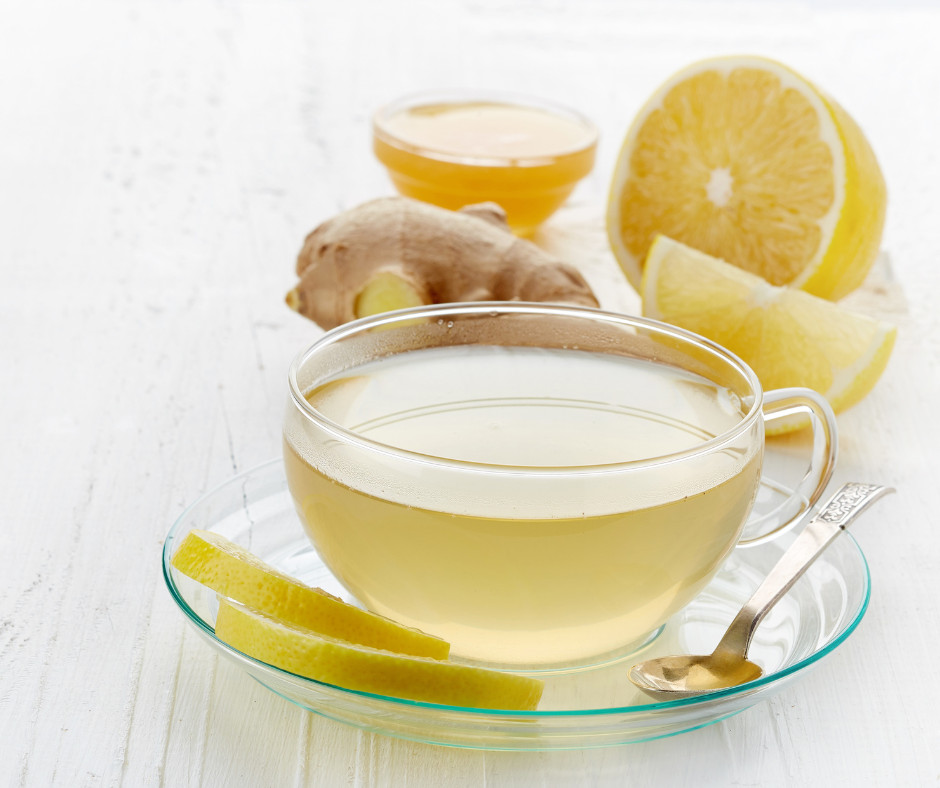
If you are like many people, you've probably experienced an occasional headache. They can be unpleasant, but aren't too big a deal if they aren't too painful and don't last too long. But if you get headaches often and they are painful, the first thing you should do is see a doctor. If your doctor has ruled out any serious issues, here are some reasons for headaches that may help you reduce or eliminate yours.
Read more...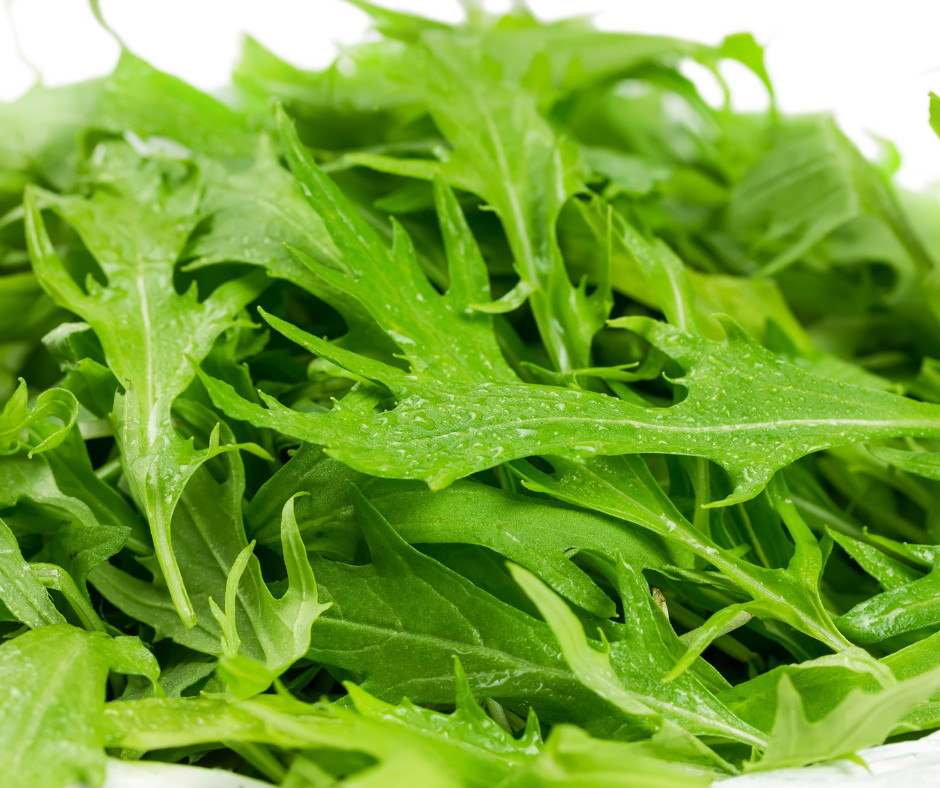
Arugula originated in the Meditarranean region and was highly valued in ancient Roman times. It was brought to North America from Britain long ago. It is in the brassica family like kale, cabbage, brocolli, and bok choy. But due to it's strong taste, it has never been very popular in spite of it's impressive nutrient profile. Here are some reasons you may want to add amazing aruuala to your diet.
Read more...
If you're experiencing mild pain, there may be some natural solutions for you to try. If it is general stiffness or achiness that isn't due to an injurty, the first thing to do is to look at your diet. Many people are sensitive to foods and don't realize it. If the discomfort comes and goes, pay attention to what you ate. The most common ingredients that can cause a food sensitivity or allergy are wheat, dairy, soy, corn, nightshade plants, and MSG. Once you rule out foods, here are some things to try for natural pain relief.
Ginger
Ginger has been used for centuries by some cultures to reduce inflammation and discomfort. Some cultures even take it daily as a preventative. The easiest way to try it is in capsule form that you can find in most places that sell supplements. As always, quality matters, so make sure you don't buy the least expensive. Ginger can also aid digestion and reduce nausea.
Magnesium
Your body needs magneisum for over 300 biologic functions, and studies show that most people do not get enough. The end result of not having enough magnesium could be that your body isn't functioning optimally and you experience discomfort. Good food sources of magneisum are nuts, seeds, leafy greens, and legumes. If you're not eating a lot of these foods, you may want to add a hugh quality magnesium supplement, cream, or spray to your routine.
Vitamin C
Vitamin C is a commonly overlooked powerful vitamin. It is generally safe in large quantities because it is water soluble. Taking a high quality plant based vitamin C can help your body reduce inflammation and help strengthen your immue system. It has been studied for it's benefits to your cardiovascular system and more.
Omega-3 Fatty Acid
Your body needs both Omega-3 and Omega-6 fatty acids. But it needs them in the proper ratio. If you are not preparing the majority of the food you eat, you are probably getting too much Omega- 6 and not enough Omega-3. Omega-3 fatty acids have been studied extensively because of their powerful health benefits. If you've got any type of discomfort, you would most likely benefit from the anti-inflammatory properties of a high quality Omega-3 supplement.
Ashwaghanda
Ashwaghanda is a powerful herb that has been used for thousands of years to help the body deal with both physical and emotional stress. It has also been taken to improve concentation and energy levels. The antioxidants in it can also help reduce inflammation. A high quality supplement may be the key in helping you reduce discomfort, especially if you have been under physical and/or emotional stress.
Did this help you? If so, I'd greatly appreciate it if you commented and/or share it on social media.

Email: sharonledwards@hotmail.com
Facebook: https://www.facebook.com/sharonledwardsbiz/
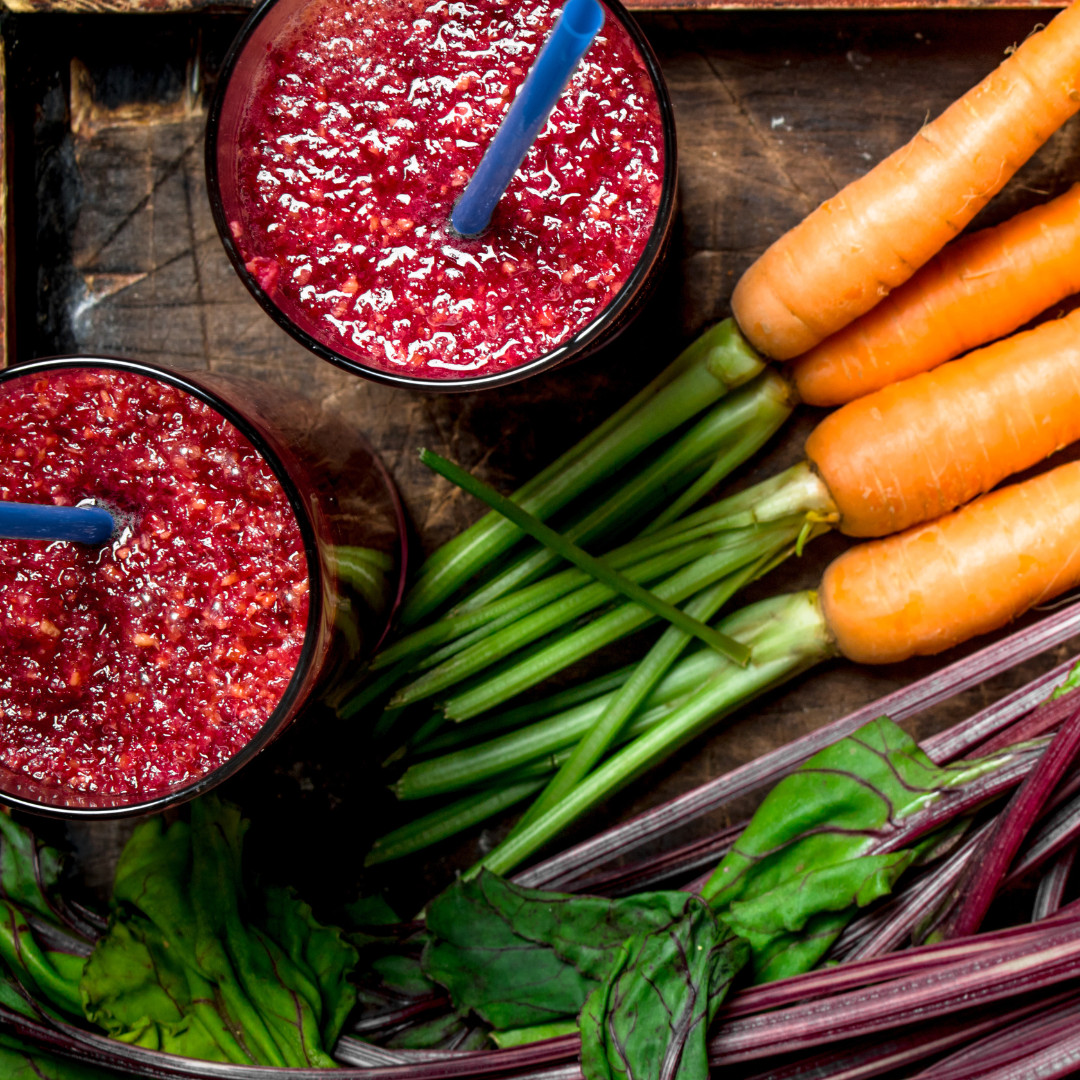
Staying hydrated is important for a lot of reasons. But sometimes plain water isn't enough, especially if you've been perspiring a lot. Your body needs certain minerals so that your cells can function and communicate with other cells. Sport drinks are popular with athletes because they contain the minerals, known as electrolytes, that you loose when you exercise hard. But they may also contain ingredients that aren't good for you. Here's what you need to know about electrolytes.
Why Electrolytes
Electrolytes are in your body anywhere that there is fluid. This includes the fluid inside and outside of your cells, your blood, urine, and more. Even your bones are about 31 percent water. Electrolytes allow the fluids to move throughout your body. The most important electrolytes are sodium, chloride, potassium, magnesium, phosphorous, bi-carbonate, and calcium. Not only do you need all of these, but you need them in the correct ratios.
Mineral Rich Foods
Eating a healthy diet rich in fruits and vegetables is an easy way to make sure you are getting the electrolytes your body needs. For example, you can get potassium from bananas, leafy greens, avocados, legumes, and potatoes. Potassium is especially important for your heart health, muscle contraction, and nerve signaling.
Natural Electrolyte Drinks
Coconut water is a low calorie drink that contains electrolytes. Fruit and vegetable juices are another great source of electrolytes. You can use a blender to create a healthy drink that will supply the important minerals that your body needs. A mix of beets, carrots, and leafy greens will give your body a good variety of vitamins and minerals. Plus the vegetables are full of antioxidants which can help reduce inflammation.
Magnesium
Magnesium is not only an important electrolyte, it is used by over 300 biologic functions in your body. And many people are deficient in magnesium. Some of the best magnesium rich foods are nuts and seeds, legumes, and avocado. Nuts, seeds, and legumes are also a great source of calcium, which is another important electrolyte. Pumpkin and flax seeds can be used to make fiber rich healthy snacks or they can be sprinkled on top of soups, salads, or oatmeal, as a condiment.
Sodium
Your body needs sodium to transmit nerve signals, balance fluids, and maintain muscle control. But too much sodium can be a health risk. Because most processed foods contain high levels of sodium, eating a fresh hand prepared diet is the easiest way to maintain healthy sodium levels. Making sure you are getting enough potassium is another way to balance your sodium levels.
Did this help you? If so, I'd greatly appreciate it if you commented and/or share it on social media.

Email: sharonledwards@hotmail.com
Facebook: https://www.facebook.com/sharonledwardsbiz/
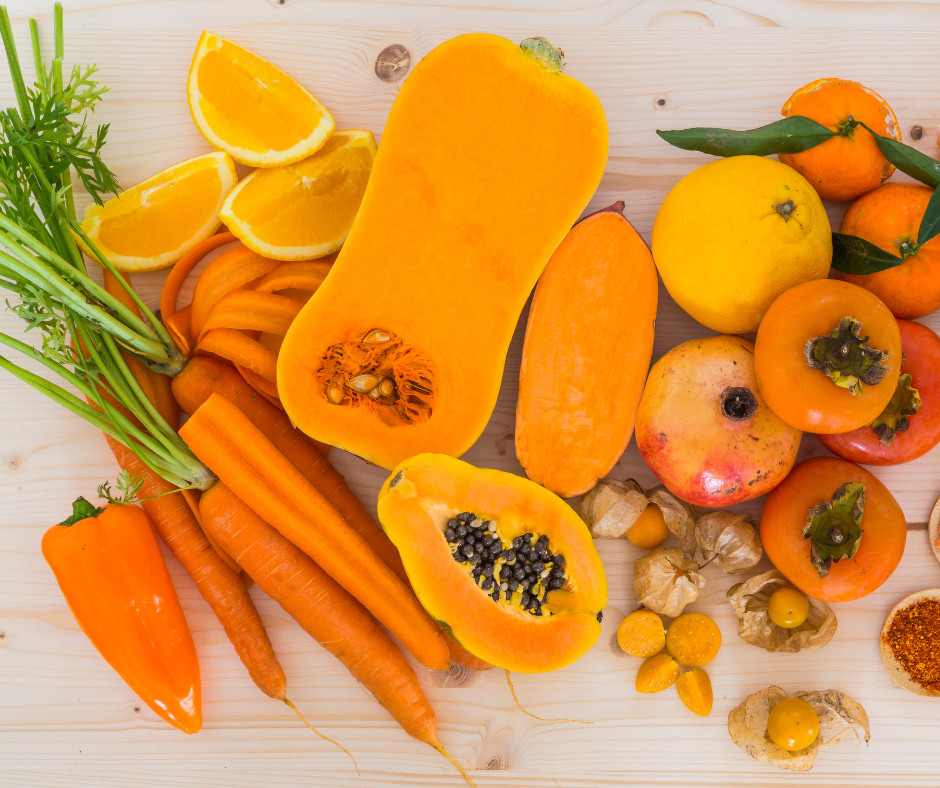
Of course you want to maintain your eye health so that you can see clearly and minimize the use of glasses and/or contacts. There are health conditions that can affect your vision and noticing a change in your vision can be an early warning sign. If you suspect this is the case, see a doctor as soon as possilbe. Here are some tips for maintaining health eyes.
Reduce Screen Time
Just like sitting too long is bad for your health, looking at computer or phone screens, can be bad for your eye health. Just like taking a short walk is a good way to break up long stretches of sitting, moving your eyes away from the phone/computer screen can help protect your eyes. Increasting the distance between your eyes and the screen can also help.
Healthy Diet
Eating too much sugar, unhealthy processed foods and carbonated beverages, all contribute to inflammation and can negatively impact your eyes. Eating foods with too much omega-6 fat can also negatively impact your health. Omega-6 facts are most commonly found in oils that are created using extreme pressure and temperature like canola, soy, and corn oil. Your body, including your eyes, needs healthy omega-3 fats for optimal health. The more you can eat freshly preapared fruits, vegetables, and healthy protein, the less inflammation you'll have.
Vitamin A
Vitamin A is important for your eye health. The phytonutrient that most commonly is found in yellow and orange plants foods, gets converted to vitamin A when you eat it. Carrots, peppers, swwet potatoes, and cantalope are the most common vegetables that can help optimize your vision. They also contain lutein and zeaxanthin which promotes eye health.
Vitamin C
Your body uses vitamin C for many important functions, including supporting healthy blood vessels. Your blood vessels run throughout your body including in your eyes. Your body also uses vitamin C to maintain healthy immune function and to produce collagen.
Vitamin E
Vitamin E is a powerful antioxidant that helps reduce inflammation and supports healthy blood pressure. Like vitamin C, it contributes positively to healthy blood vessels which are also in your eyes. Good sources of vitamin E are peanuts, almonds, and sunflower seeds.
Did this help you? If so, I'd greatly appreciate it if you commented and/or share it on social media.

Email: sharonledwards@hotmail.com
Facebook: https://www.facebook.com/sharonledwardsbiz/


